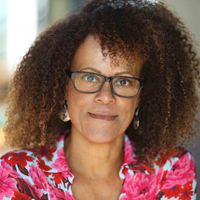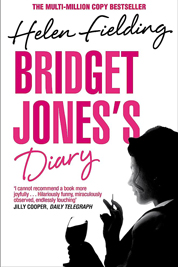The Royal Society of Literature has always seen as a rather grand institution, which is not really surprising. ‘Royal Society’ conjures up images of formality, boardrooms and creaking etiquette. It was founded, after all, in 1820 by King George IV and elects fellows for their ‘literary merit’ and ‘literary talent’. Its first president was a bishop and it has included such figures as Samuel Taylor Coleridge, Rudyard Kipling, Thomas Hardy and George Bernard Shaw. New fellows sign on using a choice of the pens including those once belonging to Lord Byron, TS Eliot (his pen replaces Charles Dickens’ quill) or George Eliot. These are all thoroughly respectable and august 19th and early 20th century figures (even though Thomas Hardy and George Bernard Shaw occasionally rocked the boat of acceptable conventions in their times).
 However, in recent years under the Presidency of Bernardine Evaristo (pictured left), the Society has been consciously and determinedly changing its image. Evaristo has aimed for the representation of a much more diverse range of talents, including a broader spectrum of writers, and therefore also readers. It is indicative that the committee includes Daljit Nagra and Elif Shafak as well as Colin Thubron.
However, in recent years under the Presidency of Bernardine Evaristo (pictured left), the Society has been consciously and determinedly changing its image. Evaristo has aimed for the representation of a much more diverse range of talents, including a broader spectrum of writers, and therefore also readers. It is indicative that the committee includes Daljit Nagra and Elif Shafak as well as Colin Thubron.
The Society has revamped its website and it has just elected its latest range of fellows, a list which further illustrates its direction. It includes Anthony Anaxagorou, a poet of Cypriot heritage; Patrick Ness, a writer of young adult fiction; children’s writer Joseph Coelho; writer and broadcaster Emma Dabiri and journalist Nesrine Mailk.
Read about the list of new RSL fellows here.

Literary Snobbery?
And while we are talking about widening the range of writers elected to the Royal Society of Literature, we can talk too about widening the range of texts. I have to admit, I have never read Bridget Jones’ Diary, and to be honest I’ve never been tempted to. But I was interested in this article in The New Statesman, which suggests I may be a literary snob. Are there any books you would rescue from literary snobbery?